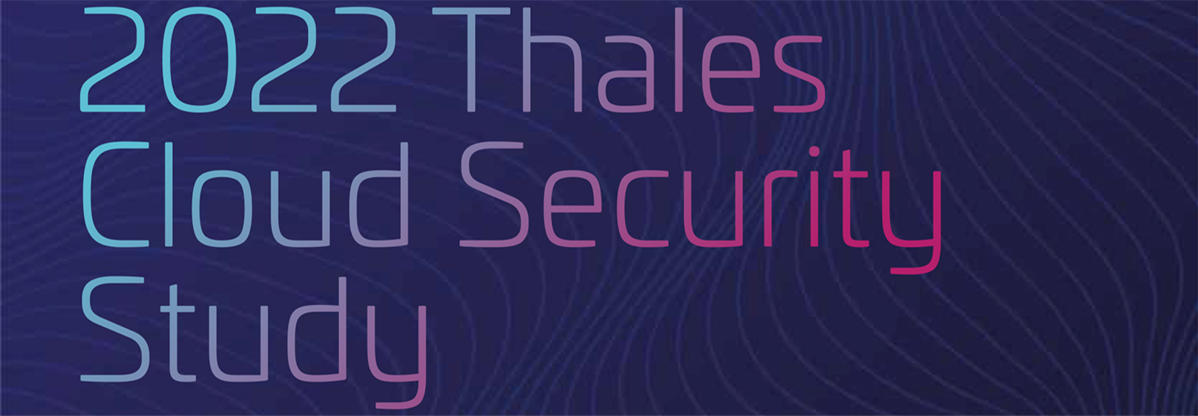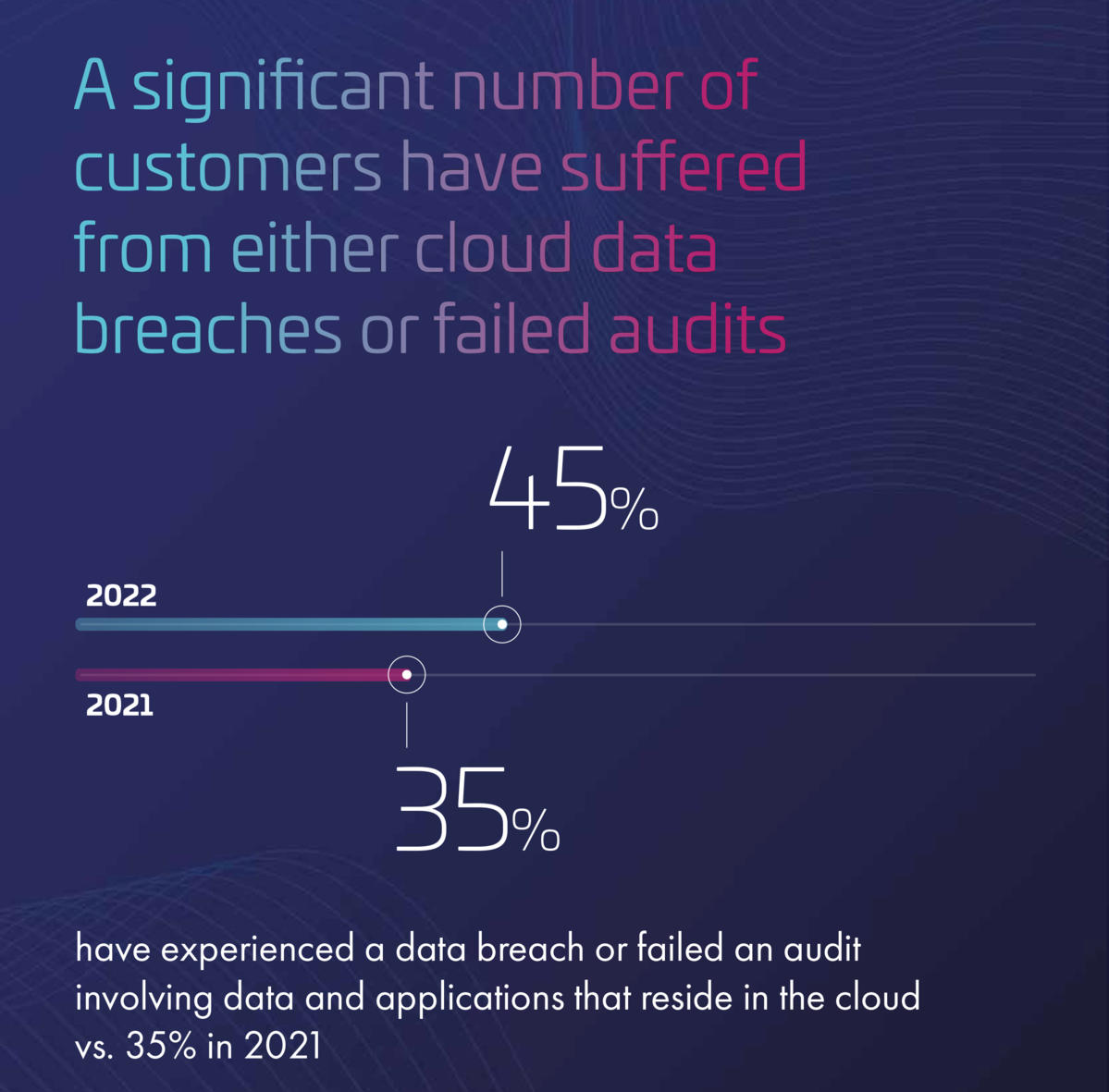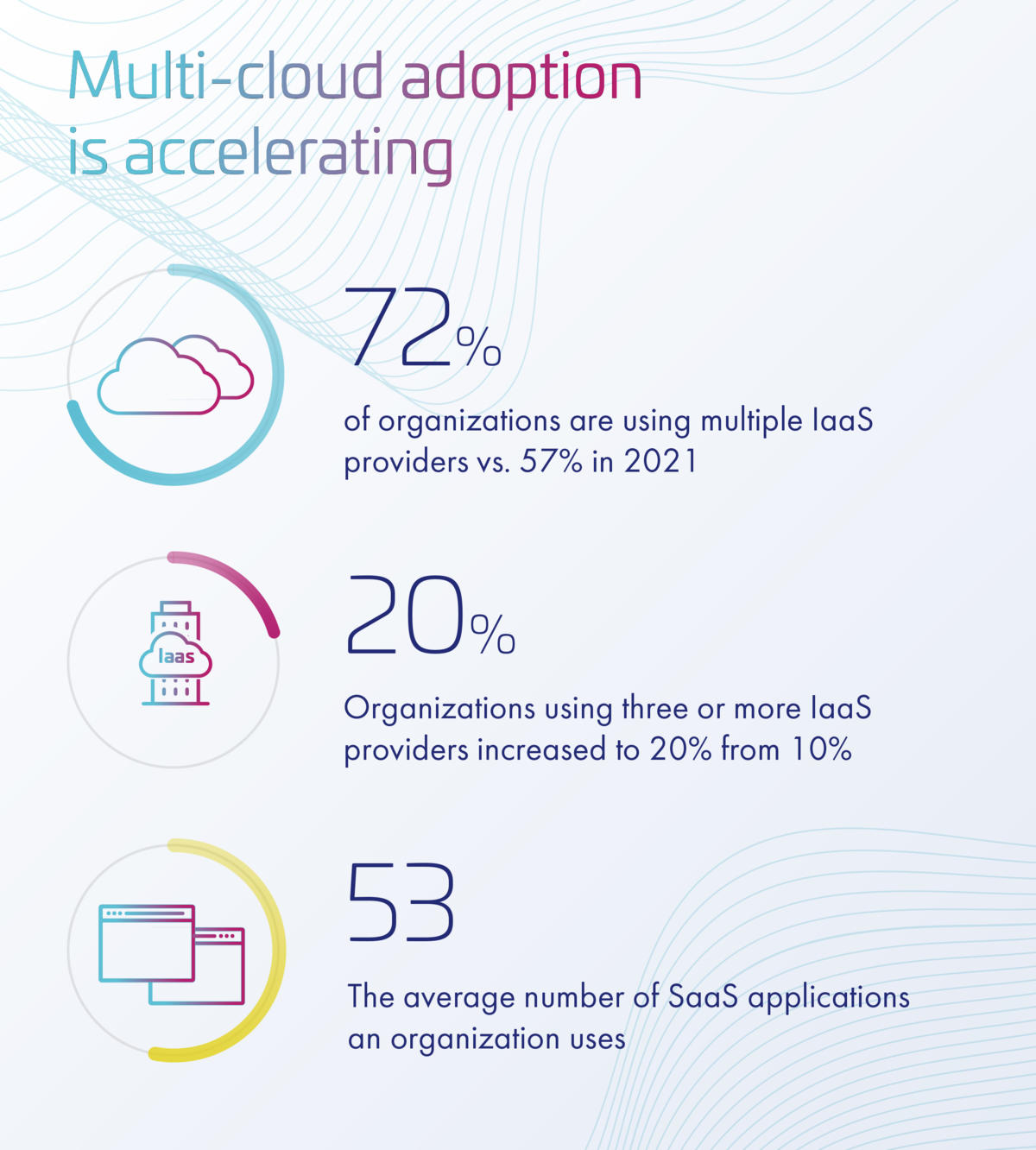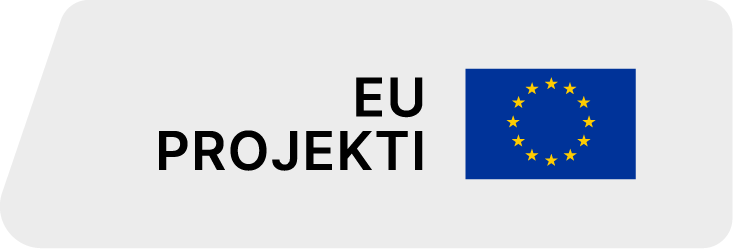Businesses across the globe are accelerating the shift to the cloud in a modern digital world where hybrid workforces are accessing data from anywhere.
This is driving increases in multicloud adoption to enable effective and efficient remote work. Along with this shift, security challenges have changed and increased, and are top of mind for IT teams and security professionals.
As more data is stored across multiple cloud providers, cloud data breaches and failed audits continue to present various issues. Attacks targeting cloud resources are also on the rise, and enterprises need help understanding what threats to be concerned about and how to protect against them. New types of both security platforms and cloud-native security services have emerged, and enterprises need help understanding which ones they should consider adopting for various cloud security use cases, especially as they apply to sensitive data and workloads.
We can find some of the answers in the 2022 Thales Cloud Security Study, which is based on a global survey of nearly 2,800 respondents from 17 countries and a broad range of industries. The purpose of this study is to help enterprise IT and security teams understand the cloud and security challenges faced by their peers to help guide cloud security strategy and budgets.
The 2022 Thales Cloud Security Report, conducted by 451 Research, part of S&P Global Market Intelligence, reports that 45% of businesses have experienced a cloud-based data breach or failed audit in the past 12 months, up 5% from the previous year, raising even greater concerns regarding to protecting sensitive data from cybercriminals.
Globally, cloud adoption and notably multicloud adoption, remains on the rise. In 2021, organisations worldwide were using an average amount of 110 software as a service (SaaS) applications, compared with just eight in 2015, showcasing a startlingly rapid increase. There has been a notable expansion in the use of multiple IaaS providers, with almost three-quarters (72%) of businesses using multiple IaaS providers, up from 57% the year before. The use of multiple providers has almost doubled in the last year, with one in five (20%) of respondents reporting using three or more providers.
Despite their increasing prevalence and use, businesses share common concerns about the increasing complexity of cloud services with the majority (51%) of IT professionals agreeing that it is more complex to manage privacy and data protection in the cloud. Additionally, the journey to the cloud is also becoming more complex, with the percentage of respondents reporting that they’re expecting to lift and shift, the simplest of migration tactics, dropping from 55% in 2021 to 24% currently.
Security Challenges of Multicloud Complexity
With increasing complexity comes an even greater need for robust cybersecurity. When asked what percentage of their sensitive data is stored in the cloud, a solid majority (66%) said between 21-60%. However, only a quarter (25%) said they could fully classify all data.
Additionally, nearly a third (32%) of respondents admitted to having to issue a breach notification to a government agency, customer, partner, or employees. This should be a cause for concern among enterprises with sensitive data, particularly in highly regulated industries.
Cyber-attacks also present an ongoing risk to cloud applications and data. Respondents reported an increasing prevalence of attacks, with a quarter (26%) citing an increase in malware, 25% in ransomware, and one-fifth (19%) reporting seeing an increase in phishing/ whaling.
Protecting Sensitive Data
When it comes to securing data in multicloud environments, IT professionals view encryption as a critical security control. The majority of respondents cited encryption (59%) and key management (52%) as the security technologies they currently use to protect sensitive data in the cloud.
However, when asked what percentage of their data in the cloud is encrypted, only one in ten (11%) of respondents said between 81-100% is encrypted. Additionally, key management platform sprawl may be an issue for enterprises. Only 10% of respondents use one to two platforms, 90% use three or more, and almost one in five (17%) admitted using eight or more platforms.
Encryption should be a priority area for enterprises to focus on when it comes to securing data in the cloud. 40% of respondents stated that they were able to avoid the breach notification process because the stolen or leaked data was encrypted or tokenised, showcasing the tangible value of encryption platforms.
Additionally, it is encouraging to see signs enterprises embrace Zero Trust and investing accordingly. Nearly a third of respondents (29%) said they are already executing a Zero Trust strategy, a quarter (27%) said they are evaluating and planning one and, 23% said they are considering it. This is a positive result, but there is certainly still room to grow.
About the 2022 Thales Global Cloud Security Study
As organizations step beyond the urgent actions of the last two years, they’re grappling with securing the more complex environments in which they now operate. The global edition of the 2022 Thales Cloud Security Study looked at various aspects of those impacts in a wide-ranging survey of security professionals and executive leadership that touched on issues including accelerated digital transformation, cloud migration, and the complexities of managing security in a multicloud world.





